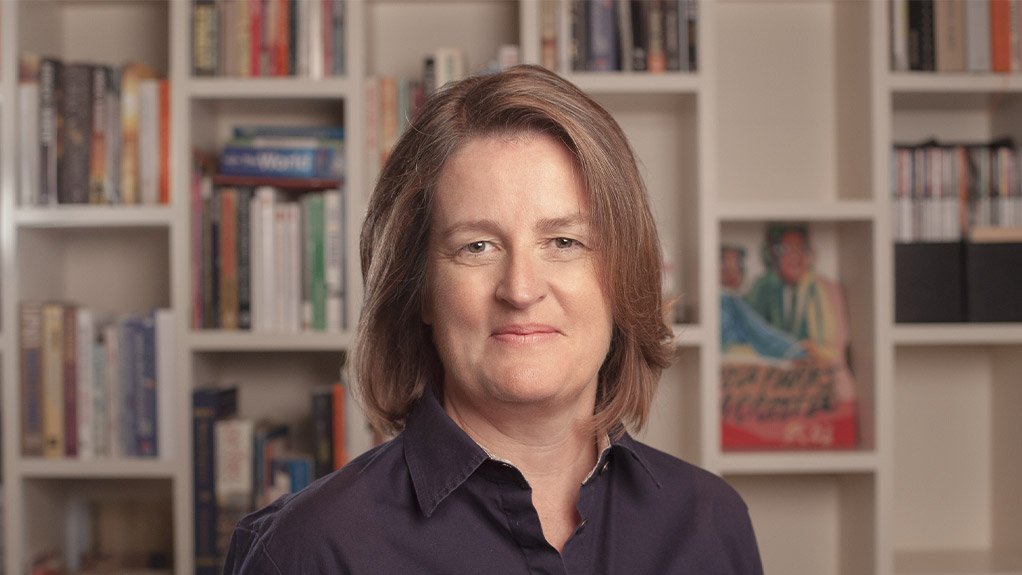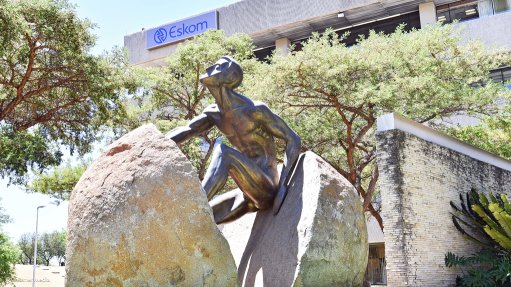Kenya’s election open season
As the dust settles on South Africa’s elections and business looks to President Cyril Ramaphosa to restore the economy, Kenyan business worries as the political elite starts kicking up dust well in advance of the 2022 Presidential polls.
At stake is Kenya’s booming economy, the powerhouse of the East African Community. The Kenya National Bureau of Statistics (KNBS) yearly economic survey published in late April reported a sharp increase in economic growth of 6.3% in 2018, up from 4.9% in 2017, as most sectors posted an increase in output.
Favourable weather and good rains in 2018 drove up agricultural production, said the KNBS, and this boosted manufacturing, transport, distribution and services – most manufacturing is linked to agricultural production. Agriculture’s real value-added growth accelerated to 6.6% in 2018, while manufacturing growth recovered to 4.2%, having crashed to 0.5% in 2017. Better rains produced an abundance of food, easing inflation from 8% in 2017 to 4.7% in 2018.
Some results would be music to South African ears:
- Kenya generated 86% of electricity from renewable sources in 2018. Two renewables projects – the Lake Turkana wind power project and the Garissa Solar power plant – added 360 MW to capacity.
- Tourist arrivals increased by 14% in 2018, boosting tourism earnings by 31% to KSh157.4-billion ($1.55-billion).
- The economy generated over 840 000 jobs.
- Total net financial inflows increased by KSh664.6-billion ($6.6-billion) in 2018, narrowing the current account balance from a KSh503.4-billion ($5-billion) deficit in 2017 to a KSh441.8-billion ($4.4-billion) deficit in 2018.
The KNBS assessment is broadly in line with the World Bank’s predicted 5.8% growth for the year, which the bank attributes to “recovery in agriculture, better business sentiment, and easing of political uncertainty”.
Despite this, private-sector grumblings point to the number of listed companies that have issued profit warnings, are not paying dividends, or are not investing in expansion or the local economy.
The greatest fear is that the political elite will undo this better business sentiment and political certainty. In the run-up to Kenya’s December 2007 Presidential polls, Kenya posted equally heady growth figures of 7%. Business confidently chirped that the economy had separated from politics and each barely influenced the other.
What followed was electoral fraud on a monumental scale, a deliberate stoking of political violence, the loss of 1 200 Kenyan lives and internal displacement of 350 000 others. The economic impact was immediate: a 10% contraction sent business into shock and paralysis.
The August 2017 elections were again manipulated, violent and disruptive. The architect of the Independent Electoral and Boundaries Commission’s (IEBC) new ‘clean’ electronic voting system was murdered, seemingly for access to voting data. Evidence of manipulation was such that the Supreme Court unprecedentedly annulled the Presidential polls. The chief justice complained that judges had received death threats. The IEBC commissioner – who resigned and fled for safety to the US – declared that the rerun could not be free or fair.
The political players at the heart of the 2007 economic catastrophe and the 2017 political crisis will lead Kenya to polls in 2022. President Uhuru Kenyatta, son of postindependence leader Jomo Kenyatta, faces the end of his constitutional term. His willingness to hand over power to his deputy and partner in the ruling Jubilee Party, William Ruto, is in doubt. Ruto, who learned his political trade at the feet of one-party-State strongman Daniel arap Moi, is a ruthless, politically ambitious workaholic. He held the Jubilee Party together sufficiently to survive the 2017 election process but is disliked and feared, even in his own party.
Opposition leader Raila Odinga claims to be a victim of both 2007 and 2017 electoral manipulation but now seems to be working with Kenyatta to undermine Ruto’s ambitions as successor. It’s a year since the ‘handshake deal’ between Odinga and Kenyatta ended a political impasse after Odinga, claiming he had won 2017’s polls, set up a parallel government. No one knows the deal’s terms but Odinga reportedly acts as Prime Minister although no premiership role exists.
Local analysts say Kenyatta may try to recreate a Prime Minister’s post to introduce ‘the Russia option’ – President Vladimir Putin and his Prime Minister Dmitry Medvedev effectively swapped roles to extend Putin’s term. A similar experiment is under way in neighbouring Democratic Republic of Congo (DRC), with President Felix Tshisekedi in the Presidency and former President Joseph Kabila controlling the legislature.
Odinga’s presence at Kenyatta’s side at most recent public events risks splitting the Jubilee Party into its two historically hostile ethnicity-based factions – Kikuyu supporters of Kenyatta and Kalenjin supporters of Ruto.
Ruto is keeping up appearances, claiming the Jubilee Party is faction free and reserving criticism for Odinga, calling him a “busybody” and “a wolf in sheep’s clothing” determined to undermine Jubilee. Kenyatta, meanwhile, appeared to give Ruto a public dressing-down, saying he and Odinga just discuss issues and ideas affecting Kenyans, and how to improve them. “What is wrong with that?” he asked.
What is wrong is that the game of isolation and inclusion in Kenya’s power play between Ruto, Kenyatta and Odinga is like Russian roulette – it inevitably has lethal consequences.
Article Enquiry
Email Article
Save Article
Feedback
To advertise email advertising@creamermedia.co.za or click here
Press Office
Announcements
What's On
Subscribe to improve your user experience...
Option 1 (equivalent of R125 a month):
Receive a weekly copy of Creamer Media's Engineering News & Mining Weekly magazine
(print copy for those in South Africa and e-magazine for those outside of South Africa)
Receive daily email newsletters
Access to full search results
Access archive of magazine back copies
Access to Projects in Progress
Access to ONE Research Report of your choice in PDF format
Option 2 (equivalent of R375 a month):
All benefits from Option 1
PLUS
Access to Creamer Media's Research Channel Africa for ALL Research Reports, in PDF format, on various industrial and mining sectors
including Electricity; Water; Energy Transition; Hydrogen; Roads, Rail and Ports; Coal; Gold; Platinum; Battery Metals; etc.
Already a subscriber?
Forgotten your password?
Receive weekly copy of Creamer Media's Engineering News & Mining Weekly magazine (print copy for those in South Africa and e-magazine for those outside of South Africa)
➕
Recieve daily email newsletters
➕
Access to full search results
➕
Access archive of magazine back copies
➕
Access to Projects in Progress
➕
Access to ONE Research Report of your choice in PDF format
RESEARCH CHANNEL AFRICA
R4500 (equivalent of R375 a month)
SUBSCRIBEAll benefits from Option 1
➕
Access to Creamer Media's Research Channel Africa for ALL Research Reports on various industrial and mining sectors, in PDF format, including on:
Electricity
➕
Water
➕
Energy Transition
➕
Hydrogen
➕
Roads, Rail and Ports
➕
Coal
➕
Gold
➕
Platinum
➕
Battery Metals
➕
etc.
Receive all benefits from Option 1 or Option 2 delivered to numerous people at your company
➕
Multiple User names and Passwords for simultaneous log-ins
➕
Intranet integration access to all in your organisation




















